These individual but interesting stories from the past are suggestions for the present as well as open thoughts about the future of Vietnam-Japan relations.
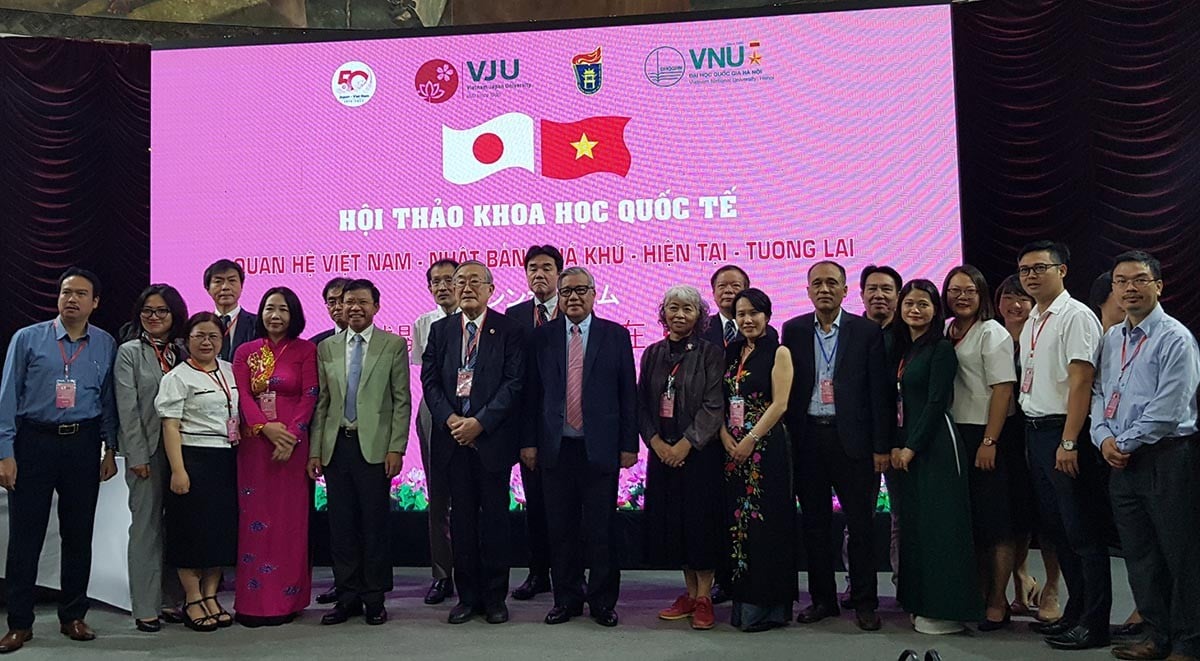 |
| Delegates attending the International Scientific Conference: "Vietnam-Japan Relations: Past-Present-Future". (Photo: NK) |
The bulbs of Japanese lilies may have been introduced to Vietnam, and the Incense Way is also a cultural bridge between Vietnam and Japan… These are not only interesting stories from the past, but also suggestions for the present and thoughts about the future of Vietnam-Japan relations.
And that is also the spirit of the International Scientific Conference “Vietnam - Japan Relations: Past - Present - Future” organized by the University of Social Sciences and Humanities in collaboration with the Vietnam - Japan University under the Vietnam National University, Hanoi and the Organizing Committee of the 50th Anniversary of Japan - Vietnam Diplomatic Relations on November 3.
The conference brought together dozens of leading scientists and historians from universities and research institutes in Japan and Vietnam, as well as many young researchers, graduate students and postgraduate students from Japan and Vietnam to exchange and share research results on the historical diplomatic relations between the two countries.
The connecting roads
Dr. Fujimoto Norimasa, Vietnam-Japan University, conducted a survey on the history of lilies in the context of Vietnamese culture and cross-national cultural exchanges in the East Asian region and briefly reconstructed the history of lilies in Vietnam. The author reported the research results at the Workshop, concluding that Japanese lily bulbs were introduced to Vietnam. Because during that period, Japan promoted the export of lily bulbs mainly to European and American countries by sea. A part of it was probably brought back to Vietnam.
As for MSc. Nguyen Thi Thu Trang, Vietnam-Japan University, she studies the birth of many art forms that not only express beauty but also contain philosophies such as Ikebana, Chandou, Shodou, Kendo, etc. and focuses on the little-known art form of Kodo. The author quotes the opinion of the researcher of modern Vietnamese and Japanese history Vinh Sinh that: Kodo is the cultural bridge between Vietnam and Japan, in which agarwood is the most important ingredient, which is also the origin of Kodo.
The research results on “the agarwood bridge in cultural exchange between Vietnam and Japan in the East Asia region in the 16th-18th centuries” announced at the conference answered the question of how the agarwood bridge was formed and operated, and how it affected the cultural exchange relationship between Vietnam and Japan.
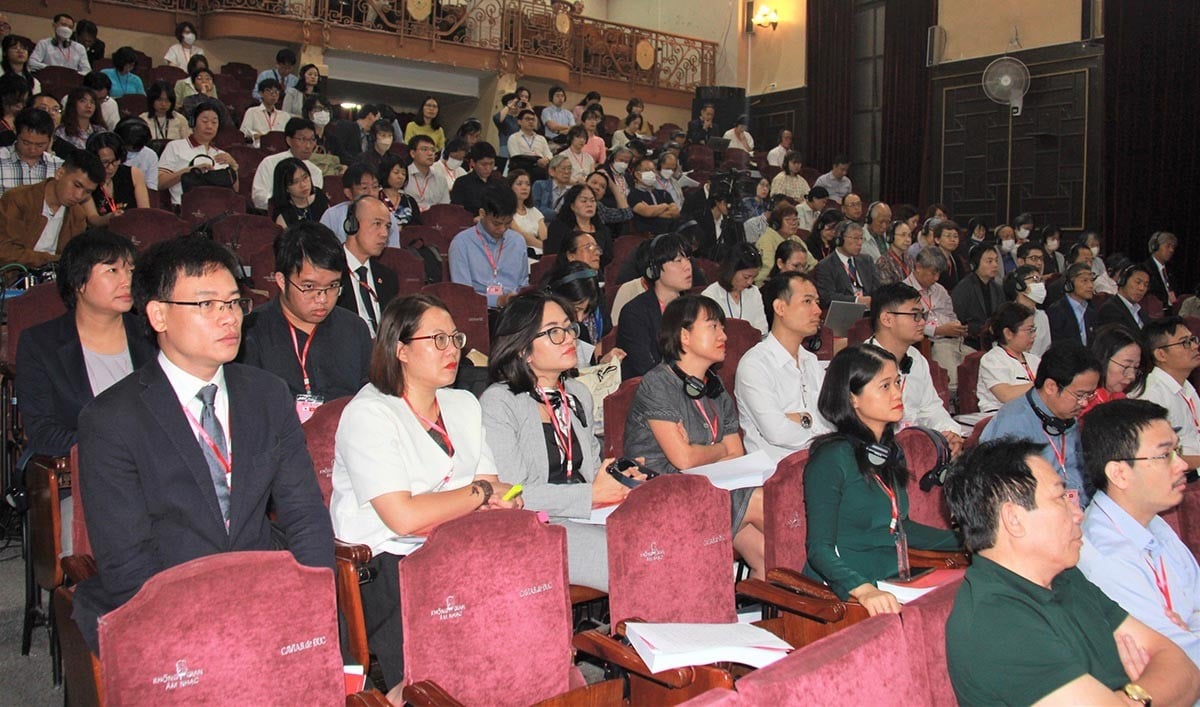 |
| Delegates attending the Workshop. (Photo: MA) |
In his opening speech at the conference, Prof. Dr. Hoang Anh Tuan, Rector of the University of Social Sciences and Humanities, said that Vietnam and Japan have a long history of diplomatic relations. Historical documents recorded that in 752, a monk from Lam Ap came to perform music in the capital of Nara, Japan.
During the monarchy, the relationship between Japan and Vietnam was connected through the Northeast Asian trade and diplomatic network. Both countries defeated the Mongol invasions in the 13th century.
By the 17th century, when East Asian maritime trade became prosperous, the two countries of Japan and Vietnam maintained close diplomatic relations and trade exchanges.
In the 19th century, before the success of the Meiji Restoration in Japan, patriot Phan Boi Chau initiated the Dong Du movement to send Vietnamese youth to Japan to study, preparing forces for the resistance war against France. The failure of the Dong Du movement, followed by Japan's occupation of Vietnam during World War II, caused a rift in the long-standing historical relationship between the two countries.
On September 21, 1973, the Democratic Republic of Vietnam and Japan signed a diplomatic document, establishing official relations between the two countries. Since then, the relationship between Vietnam and Japan has been increasingly strengthened and consolidated. Japan is currently Vietnam's leading economic partner, the largest ODA donor, the second largest labor cooperation partner, the third largest investor and tourism partner, and the fourth largest trade partner of Vietnam.
Currently, Vietnam and Japan are cooperating closely in many key areas such as transport infrastructure and high-quality human resource training. Both countries are currently working together to bring the Japan-Vietnam extensive strategic partnership to a new level, deeper, more substantial and more effective.
And one of those efforts is the in-depth, elaborate research of domestic and foreign researchers - with the systematization and updating of documents and research results over many years by Vietnamese and Japanese scholars on the history of the two countries (Vietnam research in Japan and Japan research in Vietnam), helping to enhance mutual understanding between the people of the two countries.
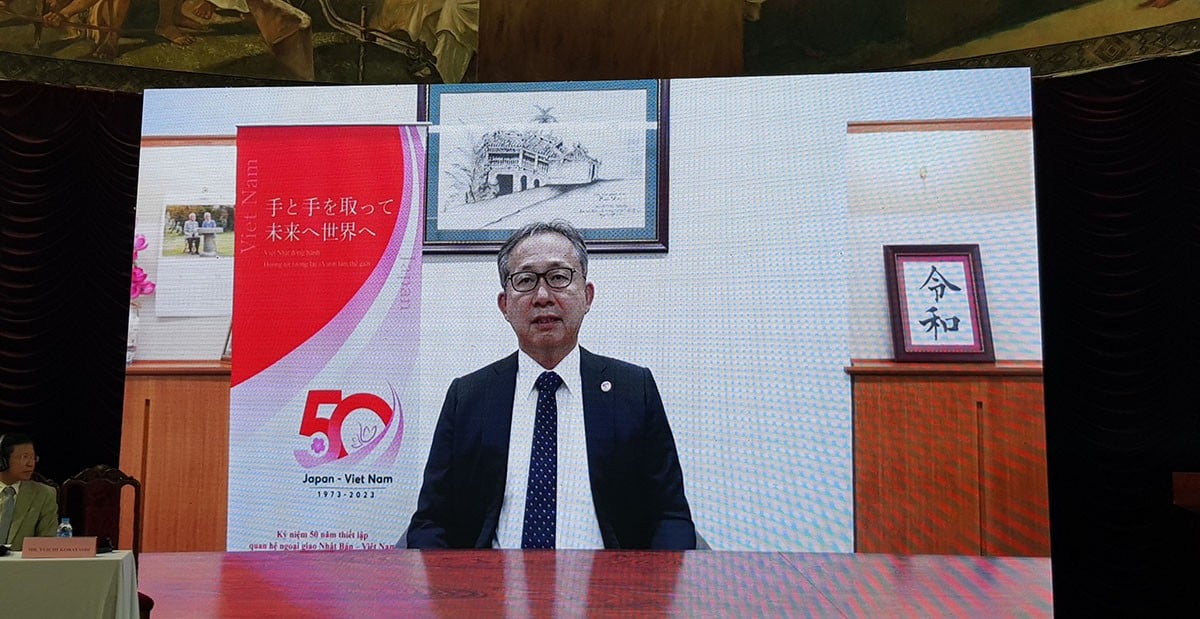 |
| Japanese Ambassador to Vietnam Yamada Takio sent a message to the Workshop. (Photo: MA) |
In his message to the conference, Japanese Ambassador to Vietnam Yamada Takio also said that the Vietnam-Japan relationship has a long history. The two countries established official diplomatic relations in 1973 and the relationship is currently at its best stage of development.
According to the Ambassador, the workshop is a testament to the long-standing historical connection and connection as well as the deep and extensive development in the current relationship between the two countries, and at the same time contributes to opening a new period of development in the field of research on history, culture and educational activities between the two countries.
Many gaps need to be filled
In the introductory report with the topic "Vietnam Studies in Japan", Prof. Dr. Furuta Motoo and Prof. Dr. Momoki Shiro, Vietnam Japan University (Vietnam National University, Hanoi) informed: Since ancient times, Japanese intellectuals have had a certain understanding of Southeast Asia and Vietnam. Since then, Vietnam Studies has attracted the attention of Japanese researchers and achieved many results.
Currently, the diplomatic relations between Vietnam and Japan are increasingly developing. In the academic world, the expansion of research into various fields as well as the close study of the social situation of Vietnam have been and are contributing significantly to the equal partnership between the two countries. However, in reality, there are still many gaps in the research on supranational topics (such as topics requiring a global vision and Northeast Asia/Southeast Asia) that need to be filled with information about Vietnam.
“That requires Vietnamese studies scholars in Japan, Japanese studies scholars in Vietnam, as well as Vietnam-Japan relations and comparative studies to promote cooperation to create new attractiveness for area studies in general and Vietnam studies in particular,” said Prof. Dr. Momoki.
Reporting on the characteristics and trends of research on Japan in Vietnam, Prof. Dr. Nguyen Van Kim (University of Social Sciences and Humanities) said: In the late 19th and early 20th centuries, the Meiji Restoration and the process of deep modernization fundamentally changed the economic and social life of Japan. Some Vietnamese thinkers and reformers such as Nguyen Truong To, Nguyen Lo Trach, Pham Phu Thu... were particularly interested in the achievements and development path of Japan. In the early 20th century, Japan's success awakened and inspired many Vietnamese patriots and intellectuals, such as Tang Bat Ho, Phan Boi Chau,...
In particular, from the mid-1950s to 1973, Japan's miraculous development became the subject of study and research by scholars from South Vietnam such as Dao Trinh Nhat, Tran Minh Tiet, Nhat Chieu, Nguyen Van Xuan... The works of this generation of researchers provided an overview of Japan's history, politics, ideology and education.
After the two countries established diplomatic relations, studying Japan became a trend and had many favorable conditions. Since the Doi Moi period (1986), studying Japan has become a trend on a national scale. Centers, institutes and faculties specializing in research and teaching about Japan have also been established, such as: Faculty of Oriental Studies (University of Social Sciences and Humanities - Vietnam National University, Hanoi); Faculty of Oriental Studies (Vietnam National University, Ho Chi Minh City); faculties and training centers for Japan at the Foreign Trade University, Hue University of Science, Center for Japanese Studies, Northeast Asia Research Institute, etc.
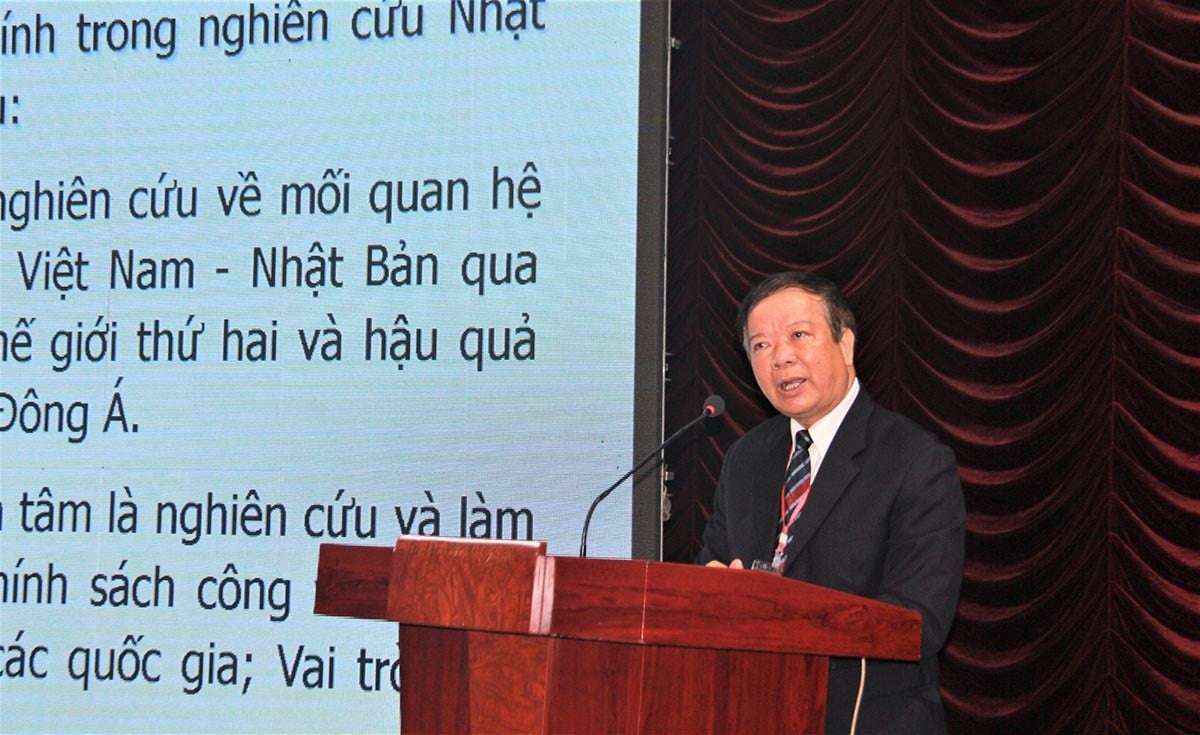 |
| Prof. Dr. Nguyen Van Kim (University of Social Sciences and Humanities) presented a research report at the Workshop. (Photo: MA) |
In recent years, research on Japan has continued to develop and expand. These include interdisciplinary studies from economics, politics to ecological environment and climate change, contemporary cultural and social life, research on cultural policies, cultural diplomacy, soft power, new religions in Japan, etc. In many aspects, the scientific works of Vietnamese researchers have become increasingly diverse and comprehensive while meeting higher application goals . The picture of Japanese society is becoming increasingly clear.
Although there has been an increase in the quantity and quality of research, there are still areas that have not achieved the expected results in both types of research: Theoretical Research and Applied (Experimental) Research. Therefore, it is necessary to strengthen cooperation between Vietnamese and Japanese researchers to promote interdisciplinary and in-depth research. The socialization of research achievements and the enhancement of the ability to apply new research results towards the goals of socio-economic development, green growth, sustainability, circular economy, ecosystem protection, social security, etc. need to be given more attention in the coming time.
According to Prof. Dr. Hoang Anh Tuan, the conference aims to evaluate the results of Vietnamese research by Japanese scholars and the results of Japanese research by Vietnamese scholars; at the same time, it creates opportunities for young researchers, graduate students and postgraduate students of the two countries to exchange and share research results. The results of the conference will contribute to promoting the development of science and historical education in the two countries in the coming time.
The Organizing Committee of the Conference said it had received over 20 reports, presenting new research results from scientists and people of the two countries on the Vietnam-Japan diplomatic relations in history, as well as the cooperative relationship between the two countries in the fields of science, education, especially in the field of social sciences and humanities at the present stage.
In addition to in-depth research monographs, the Conference also received summary reports: Evaluation of Vietnamese research results by Japanese scholars and evaluation of Japanese research results by Vietnamese scholars.
In particular, in order to create opportunities for young researchers, graduate students and postgraduate students of the two countries to exchange and share research results, the Conference arranged a poster session, attracting 12 presentations which were summaries of research projects, theses and dissertations related to the history of Vietnam and Japan.
Also at this conference, scientists suggested new research directions, new research methods and thinking in the field of History in Vietnam and Japan, thereby promoting the development of science and historical education in the two countries.
Source


























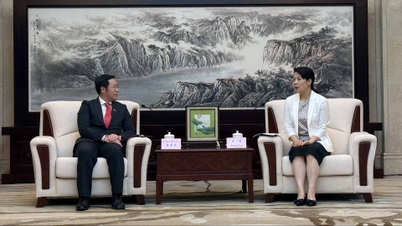
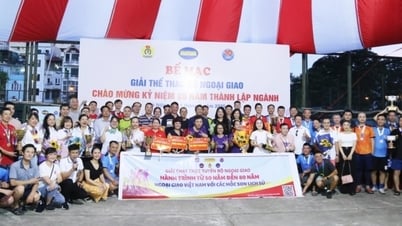




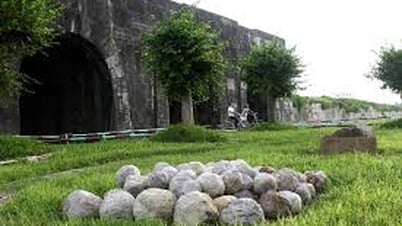

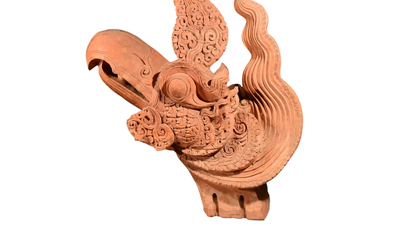




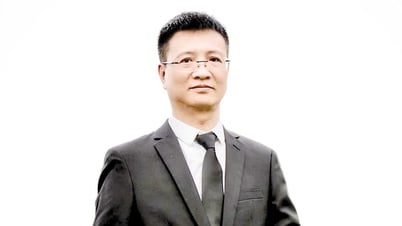



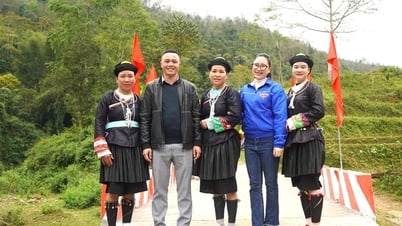

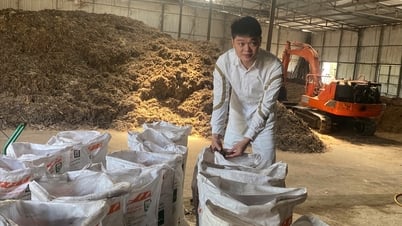

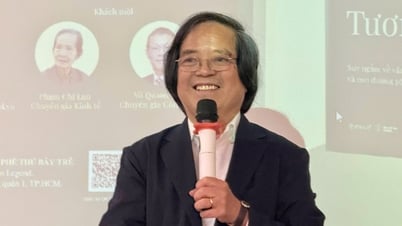






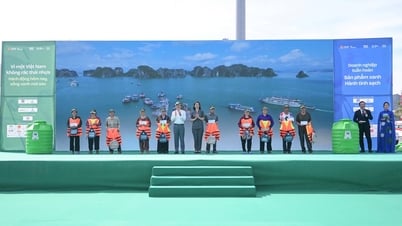
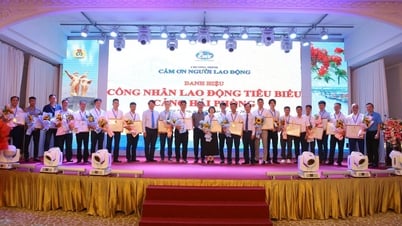
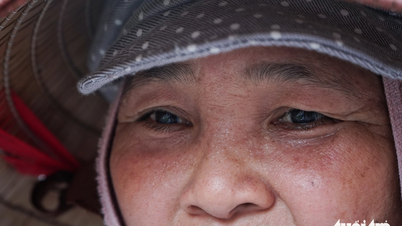
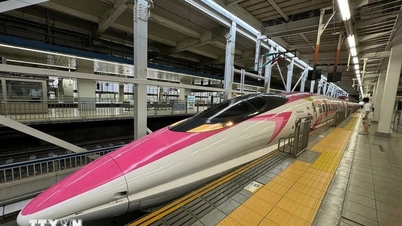


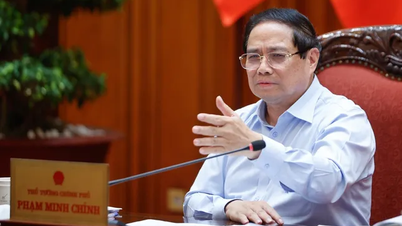






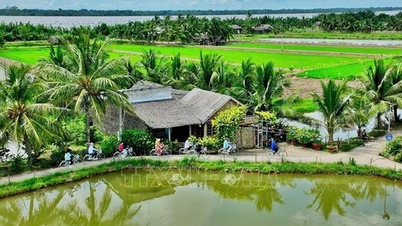
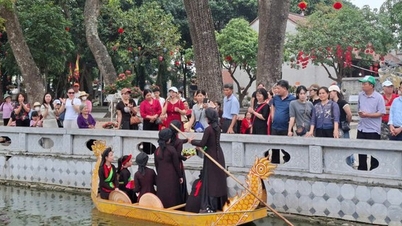
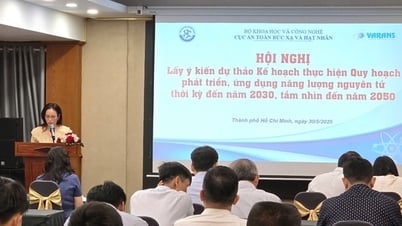

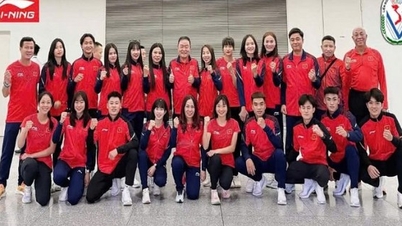



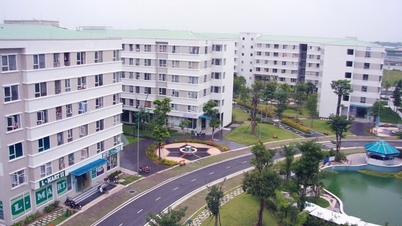

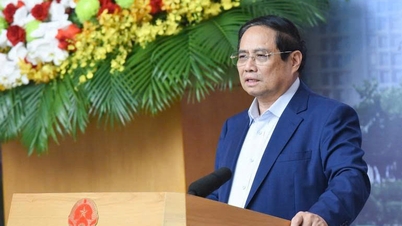

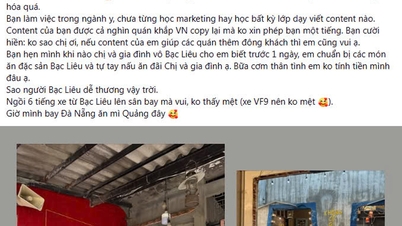
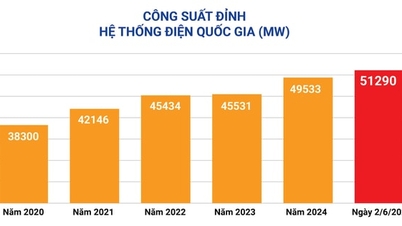

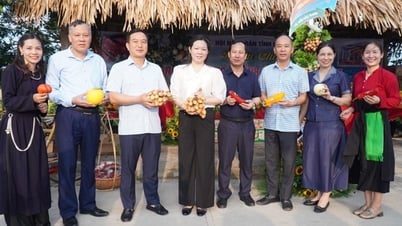

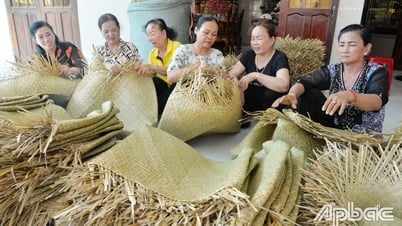






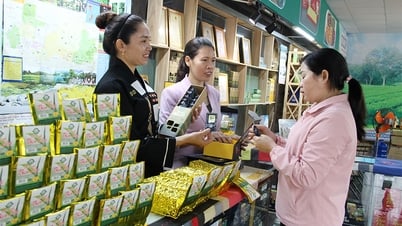


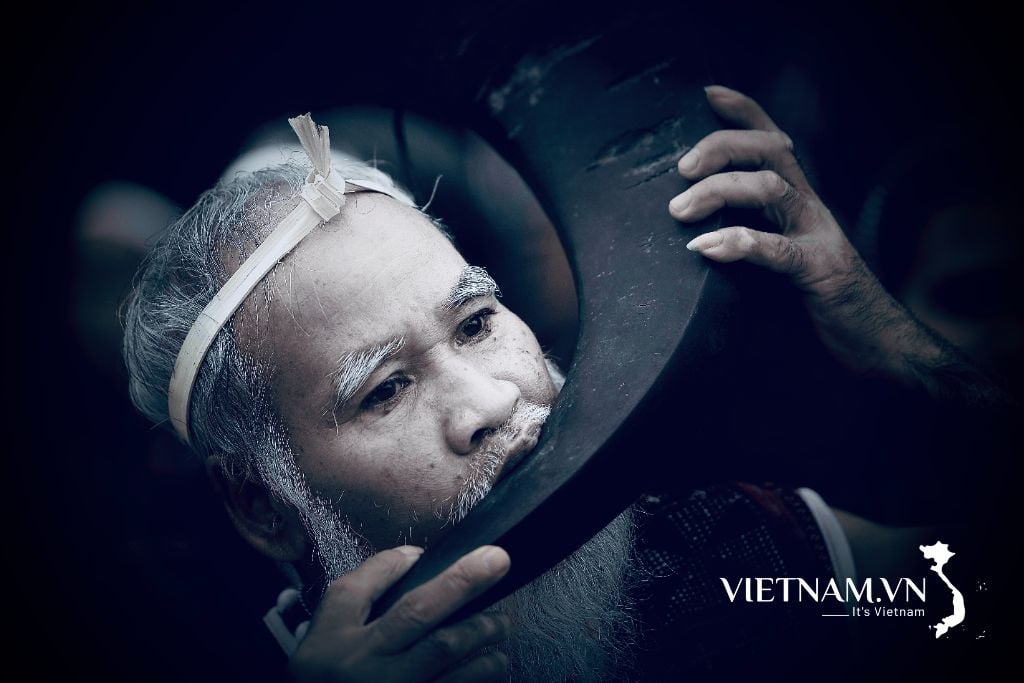
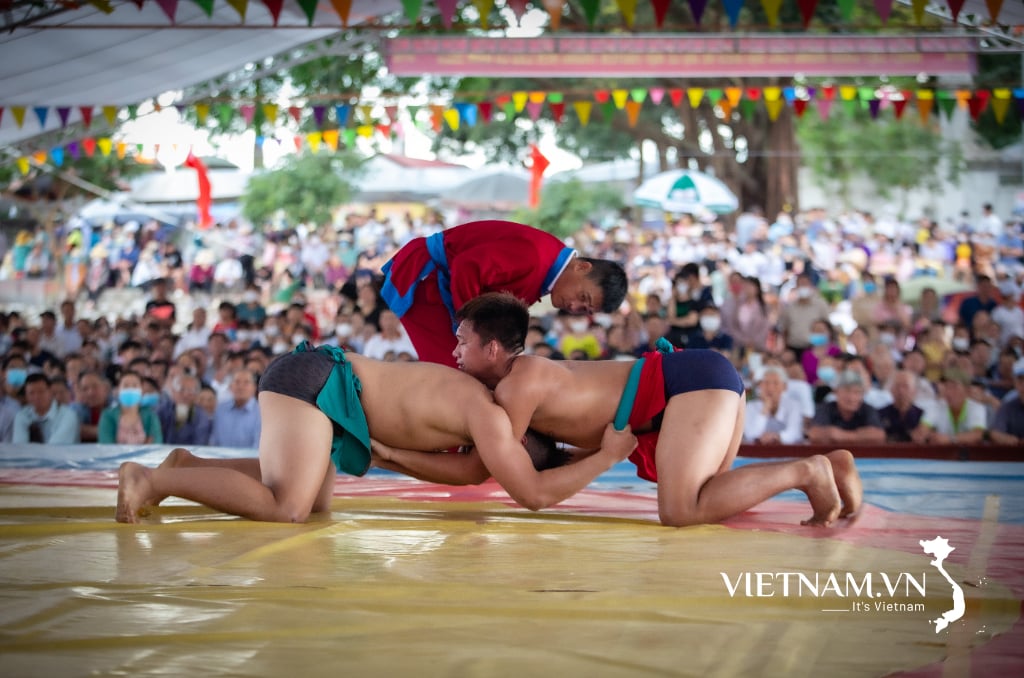
Comment (0)